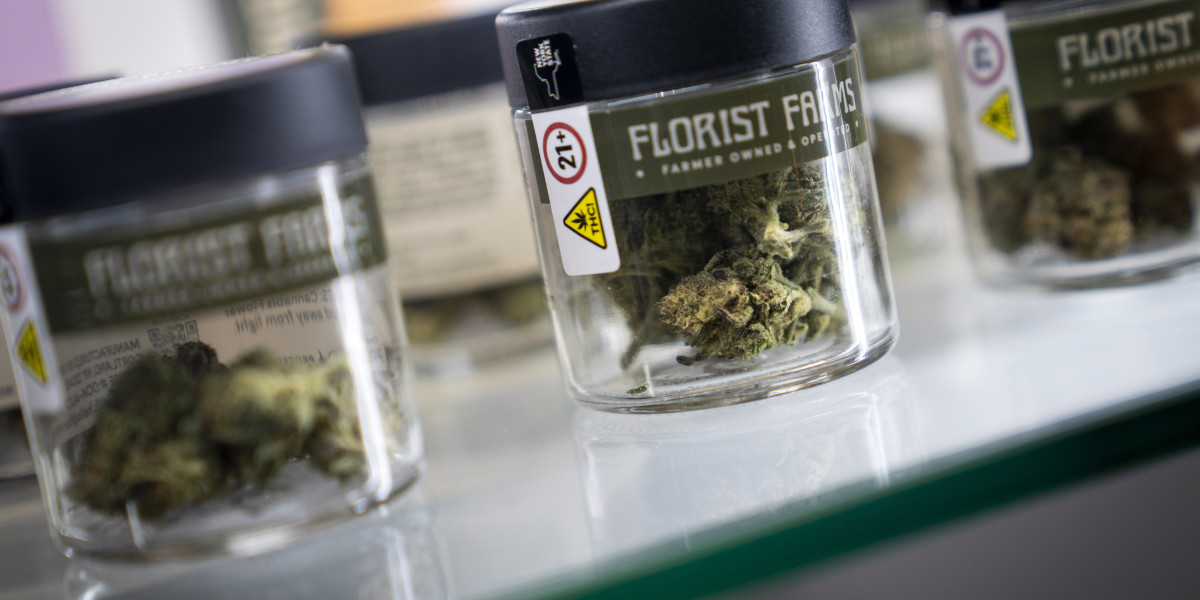In recent years, the landscape surrounding marijuana has undergone a remarkable transformation. Once relegated to the shadows of illegality, the rise of weed dispensaries has brought cannabis into the mainstream conversation. These establishments, authorized by state laws in various regions, offer a range of cannabis products for medicinal and recreational use. The emergence of weed dispensaries signifies not only a legal shift but also a significant social change, reflecting evolving attitudes towards marijuana.
At the heart of the weed dispensary phenomenon lies the intersection of legality and accessibility. With the legalization of marijuana for medical and recreational purposes in many states, these establishments have sprung up to meet the growing demand. Weed dispensaries provide a regulated environment where consumers can access a variety of cannabis products, including dried flowers, edibles, concentrates, and topicals. This regulated framework ensures quality control and consumer safety, distinguishing legitimate dispensaries from the illicit market.
Moreover, weed dispensaries play a crucial role in destigmatizing marijuana use. By operating openly and adhering to state regulations, these establishments challenge outdated perceptions surrounding cannabis. They provide a platform for education, offering information about different strains, consumption methods, and potential health benefits. Through responsible marketing and community outreach, dispensaries aim to foster a culture of informed and responsible cannabis use.
Beyond their commercial aspect, weed dispensaries contribute to local economies and communities. They create jobs, generate tax revenue, and stimulate ancillary industries such as tourism and hospitality. Additionally, many dispensaries prioritize social responsibility by supporting social equity programs and investing in community initiatives. By actively engaging with local stakeholders, these establishments strive to be positive contributors to their neighborhoods.
However, the proliferation of weed dispensaries also raises concerns, particularly regarding underage access and overconsumption. Regulators and industry stakeholders must work together to implement effective safeguards, such as strict age verification protocols and public health campaigns. Furthermore, ongoing research is needed to better understand the long-term effects of cannabis use and to inform evidence-based policies.
In conclusion, the rise of weed dispensaries represents a significant milestone in the journey towards marijuana normalization. These establishments symbolize the shifting legal and social landscape surrounding cannabis, providing a safe and regulated avenue for access. As the industry continues to evolve, it is essential to strike a balance between accessibility, responsibility, and public health to ensure the sustainable growth of the weed dispensary sector.








